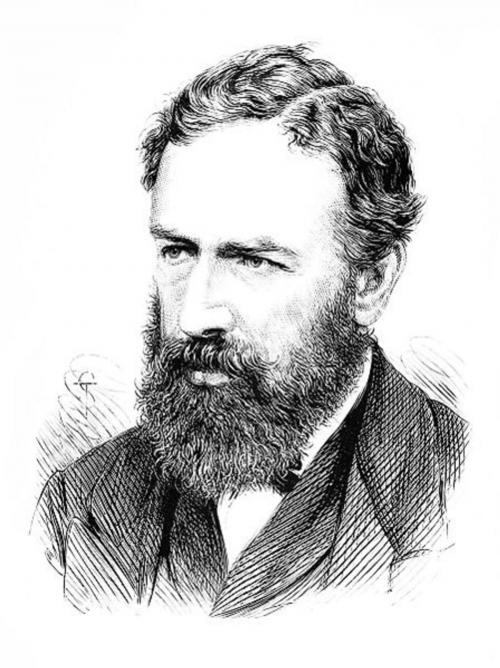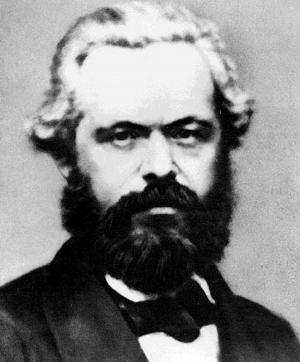The Theory of Political Economy (Illustrated)
Business & Finance, Economics, Macroeconomics, Theory of Economics| Author: | William Jevons, Timeless Books | ISBN: | 1230000306679 |
| Publisher: | www.WealthOfNation.com | Publication: | February 24, 2015 |
| Imprint: | Language: | English |
| Author: | William Jevons, Timeless Books |
| ISBN: | 1230000306679 |
| Publisher: | www.WealthOfNation.com |
| Publication: | February 24, 2015 |
| Imprint: | |
| Language: | English |
The book has an active table of contents for easy access to each chapter as the follows:
1. Chapter I: Introduction
2. Chapter II: Theory of Pleasure and Pain
3. Chapter III: Theory of Utility
4 Chapter IV: Theory of Exchange
5. Chapter V: Theory of Labour
6. Chapter VI: Theory of Rent
7. Chapter VII: Theory of Capital
8. Chapter VIII: Concluding Remarks
William Stanley Jevons was an English economist and logician in the row with the greatest thinkers Bertrand Russell, Gottlob Frege, Karl Popper, John Stuart Mill, Irving Fisher, Carl Menger, and Alfred Marshall. Their thoughts had strong influence on the investment style of George Soros and his endeavor of Open Society Foundations.
William Jevons’ most important contribution to economics and scientific methods is his The Theory of Political Economy in 1871.
Irving Fisher also praised Jevons’ book A General Mathematical Theory of Political Economy in 1862 as the start of the mathematical method in economics.
William Jevons' work of the utility theory along with similar discoveries made by Carl Menger in 1871 marked the opening of a new period in the history of economic thought.
William Jevons’ work The Coal Question in 1865 called out attention to the gradual exhaustion of the coal supplies in UK and he put forth what is now known as Jevon's paradox that increases in energy production efficiency leads to more not less consumption.
William Jevon’s also invented the logic piano and a mechanical computer that was a pioneer work for modern computer.
William Jevons also proposed the unique approach and framework of "Commercial Crises and Sun-Spots" to analyze business cycles that crises in the economy might not be random events, but might be based on discernible prior causes.
William Jevons’ influence has been felt in nearly every field of the humanities and social sciences.
The reasoning by William Jevons still remains as relevant today as it was then. This book is one of the most important ones about the deepest thoughts of economics and social systems by William Jevons, one of the greatest thinkers of modern economics and logic on the planet.
The book has an active table of contents for easy access to each chapter as the follows:
1. Chapter I: Introduction
2. Chapter II: Theory of Pleasure and Pain
3. Chapter III: Theory of Utility
4 Chapter IV: Theory of Exchange
5. Chapter V: Theory of Labour
6. Chapter VI: Theory of Rent
7. Chapter VII: Theory of Capital
8. Chapter VIII: Concluding Remarks
William Stanley Jevons was an English economist and logician in the row with the greatest thinkers Bertrand Russell, Gottlob Frege, Karl Popper, John Stuart Mill, Irving Fisher, Carl Menger, and Alfred Marshall. Their thoughts had strong influence on the investment style of George Soros and his endeavor of Open Society Foundations.
William Jevons’ most important contribution to economics and scientific methods is his The Theory of Political Economy in 1871.
Irving Fisher also praised Jevons’ book A General Mathematical Theory of Political Economy in 1862 as the start of the mathematical method in economics.
William Jevons' work of the utility theory along with similar discoveries made by Carl Menger in 1871 marked the opening of a new period in the history of economic thought.
William Jevons’ work The Coal Question in 1865 called out attention to the gradual exhaustion of the coal supplies in UK and he put forth what is now known as Jevon's paradox that increases in energy production efficiency leads to more not less consumption.
William Jevon’s also invented the logic piano and a mechanical computer that was a pioneer work for modern computer.
William Jevons also proposed the unique approach and framework of "Commercial Crises and Sun-Spots" to analyze business cycles that crises in the economy might not be random events, but might be based on discernible prior causes.
William Jevons’ influence has been felt in nearly every field of the humanities and social sciences.
The reasoning by William Jevons still remains as relevant today as it was then. This book is one of the most important ones about the deepest thoughts of economics and social systems by William Jevons, one of the greatest thinkers of modern economics and logic on the planet.















